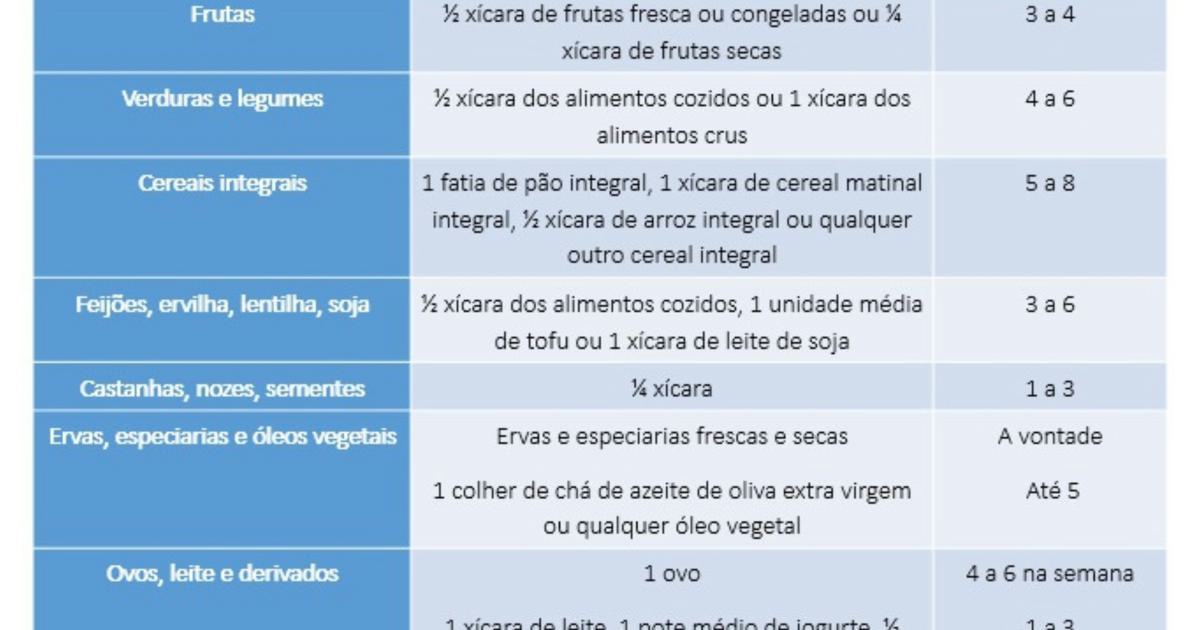Matomo Analytics vs. Google Analytics: Ultimate Privacy Solution?


The world of digital analytics has long been dominated by Google Analytics, a powerful and ubiquitous tool for understanding website performance and user behavior. However, in recent years, a growing number of organizations have turned to alternative solutions, such as Matomo Analytics, in search of a more privacy-focused and transparent approach to data collection and analysis.
In this comprehensive article, we'll explore the key differences between Matomo Analytics and Google Analytics, delving into the strengths and limitations of each platform. We'll also examine the privacy implications of these tools and discuss whether Matomo can truly be considered the "ultimate privacy solution" for businesses and individuals seeking to protect their user data.
The Rise of Matomo Analytics

Matomo, formerly known as Piwik, is an open-source web analytics platform that has gained significant traction in recent years as a viable alternative to Google Analytics. Developed by a team of privacy-focused individuals, Matomo was created with the goal of providing a data-driven solution that prioritizes user privacy and data sovereignty.
One of the key selling points of Matomo is its commitment to data ownership and control. Unlike Google Analytics, which stores user data on Google's servers, Matomo allows users to host the analytics platform on their own servers or a private cloud, giving them complete control over their data. This approach is particularly appealing to organizations that operate in highly regulated industries or those with concerns about data privacy and security.
The Privacy-Focused Approach
At the heart of Matomo's appeal is its focus on privacy. The platform employs a range of features and practices that aim to protect user data and minimize the collection of personally identifiable information (PII).

For example, Matomo offers built-in data anonymization, allowing website owners to automatically remove or obfuscate sensitive user information, such as IP addresses and user IDs. Additionally, Matomo's consent management system enables website visitors to control the data they share, providing greater transparency and control over the data collection process.
Furthermore, Matomo takes a stance against the use of third-party cookies, which have been a source of controversy in the digital advertising industry due to their potential for tracking and data collection. Instead, Matomo relies on first-party cookies, which are considered more privacy-friendly and less susceptible to privacy breaches.
Compliance and Regulations
The growing emphasis on data privacy and the implementation of regulations such as the General Data Protection Regulation (GDPR) and the California Consumer Privacy Act (CCPA) have further driven the adoption of privacy-focused analytics solutions like Matomo.

Matomo's compliance-focused features, including advanced cookie consent management and data anonymization tools, make it a more attractive option for organizations operating in regions with stringent data privacy laws. By offering built-in support for these regulations, Matomo helps businesses mitigate the risk of non-compliance and potential legal issues.
Comparing Matomo and Google Analytics
While Matomo and Google Analytics share some fundamental similarities as web analytics platforms, there are significant differences in their approaches, features, and underlying philosophies.
Data Ownership and Control

One of the most significant distinctions between the two platforms is the issue of data ownership and control. As mentioned earlier, Matomo allows users to host the analytics platform on their own servers or private cloud, giving them complete control over their data. This is in contrast to Google Analytics, where user data is stored on Google's servers and is subject to Google's data policies and practices.
For organizations with strict data governance requirements or those operating in highly regulated industries, Matomo's self-hosting capabilities and data sovereignty features can be a compelling advantage.
Privacy and Consent Management

When it comes to privacy and consent management, Matomo and Google Analytics take vastly different approaches. Matomo's built-in privacy features, such as data anonymization and consent management, are designed to empower website visitors and give them more control over the data they share.
In contrast, Google Analytics has been criticized for its limited privacy controls and the potential for data leakage through third-party integrations and the broader Google ecosystem. While Google has made efforts to improve its privacy features, Matomo's laser-focus on privacy and consent management gives it a clear advantage in this area.
Compliance and Regulatory Alignment

As mentioned earlier, the increasing emphasis on data privacy regulations has made compliance a critical consideration for businesses when choosing a web analytics platform. Matomo's built-in support for GDPR, CCPA, and other privacy laws provides a clear advantage over Google Analytics, which may require additional third-party integrations or custom development to ensure full regulatory compliance.
By offering native compliance features, Matomo simplifies the process of meeting data privacy requirements, reducing the administrative burden and legal risks for organizations.
Pricing and Scalability

Another key difference between Matomo and Google Analytics lies in their pricing and scalability models. Google Analytics offers a free version (Google Analytics 4) with limited features, as well as paid enterprise-level plans, making it a versatile solution for businesses of all sizes.
Matomo, on the other hand, follows a more traditional software licensing model, with one-time or annual subscription fees based on factors such as the number of websites or page views. While Matomo's pricing may be perceived as less flexible than Google Analytics' free tier, it provides a predictable and transparent cost structure, particularly for organizations with well-defined analytics needs.
In terms of scalability, both platforms offer the ability to handle large volumes of data and traffic. However, Matomo's self-hosting capabilities allow for more granular control over resource allocation and performance optimization, which can be crucial for enterprises with high-traffic websites or complex data requirements.
Reporting and Analytical Capabilities

When it comes to reporting and analytical capabilities, both Matomo and Google Analytics offer a wide range of features and customization options. Both platforms provide detailed user metrics, traffic analysis, and conversion tracking, enabling website owners to gain valuable insights into their audience and performance.
However, Matomo's open-source nature and community-driven development model have resulted in a robust ecosystem of plugins and integrations, allowing users to extend the platform's functionality and tailor it to their specific needs. This flexibility can be particularly beneficial for organizations with complex data requirements or the need for specialized reporting and analysis tools.
Matomo vs. Google Analytics: The Privacy Debate
The privacy implications of web analytics platforms have been a subject of significant debate in recent years, with growing concerns about data collection, third-party tracking, and the potential for misuse or abuse of user information.

In this context, Matomo's emphasis on data privacy and user control has positioned it as a potential "ultimate privacy solution" for businesses and individuals seeking to protect their user data. By offering features like data anonymization, consent management, and self-hosting capabilities, Matomo aims to address the privacy concerns that have plagued traditional analytics platforms like Google Analytics.
However, the privacy debate surrounding Matomo and Google Analytics is not a simple binary. While Matomo's privacy-focused approach is undoubtedly a significant advantage, it's essential to consider the nuances and trade-offs involved in each platform's approach to data collection and management.
Evaluating the Privacy Claims

Matomo's claims of being the "ultimate privacy solution" must be examined in the context of the platform's specific features and implementation. While Matomo's data anonymization and consent management tools are commendable, there are still potential areas of concern, such as the handling of non-personal data and the potential for security vulnerabilities in self-hosted environments.
Similarly, Google Analytics' privacy limitations, while well-documented, have been the subject of ongoing improvements and adjustments. The introduction of Google Analytics 4, with its enhanced privacy controls and data retention options, has been a step in the right direction, though the platform still faces scrutiny from privacy advocates.
The Importance of User Awareness and Responsibility

Ultimately, the privacy debate surrounding web analytics platforms like Matomo and Google Analytics extends beyond the platforms themselves. User awareness and responsibility play a crucial role in ensuring the ethical and responsible use of these tools.
Website owners and marketers must carefully evaluate their data collection and usage practices, regardless of the analytics platform they choose. This includes conducting thorough privacy impact assessments, implementing robust consent management processes, and regularly reviewing and updating their data privacy policies.
Conclusion: Matomo as a Privacy-Focused Alternative

In the ever-evolving landscape of web analytics, Matomo has emerged as a compelling alternative to the dominant Google Analytics, offering a privacy-focused approach that prioritizes user data control and regulatory compliance.
Matomo's self-hosting capabilities, data anonymization features, and consent management tools make it an attractive option for organizations seeking greater transparency and control over their user data. The platform's open-source nature and active community also contribute to its flexibility and customizability, allowing users to tailor the analytics solution to their specific needs.
However, the "ultimate privacy solution" label should be examined with nuance. While Matomo's privacy-centric features are undoubtedly impressive, the broader debate around data privacy and the responsible use of analytics platforms remains complex and multifaceted.
Ultimately, the choice between Matomo and Google Analytics (or any other web analytics platform) should be based on a thorough evaluation of an organization's specific requirements, data governance needs, and overall approach to privacy and compliance. By carefully considering the trade-offs and weighing the respective strengths and limitations of each platform, businesses can make an informed decision that aligns with their values and objectives.